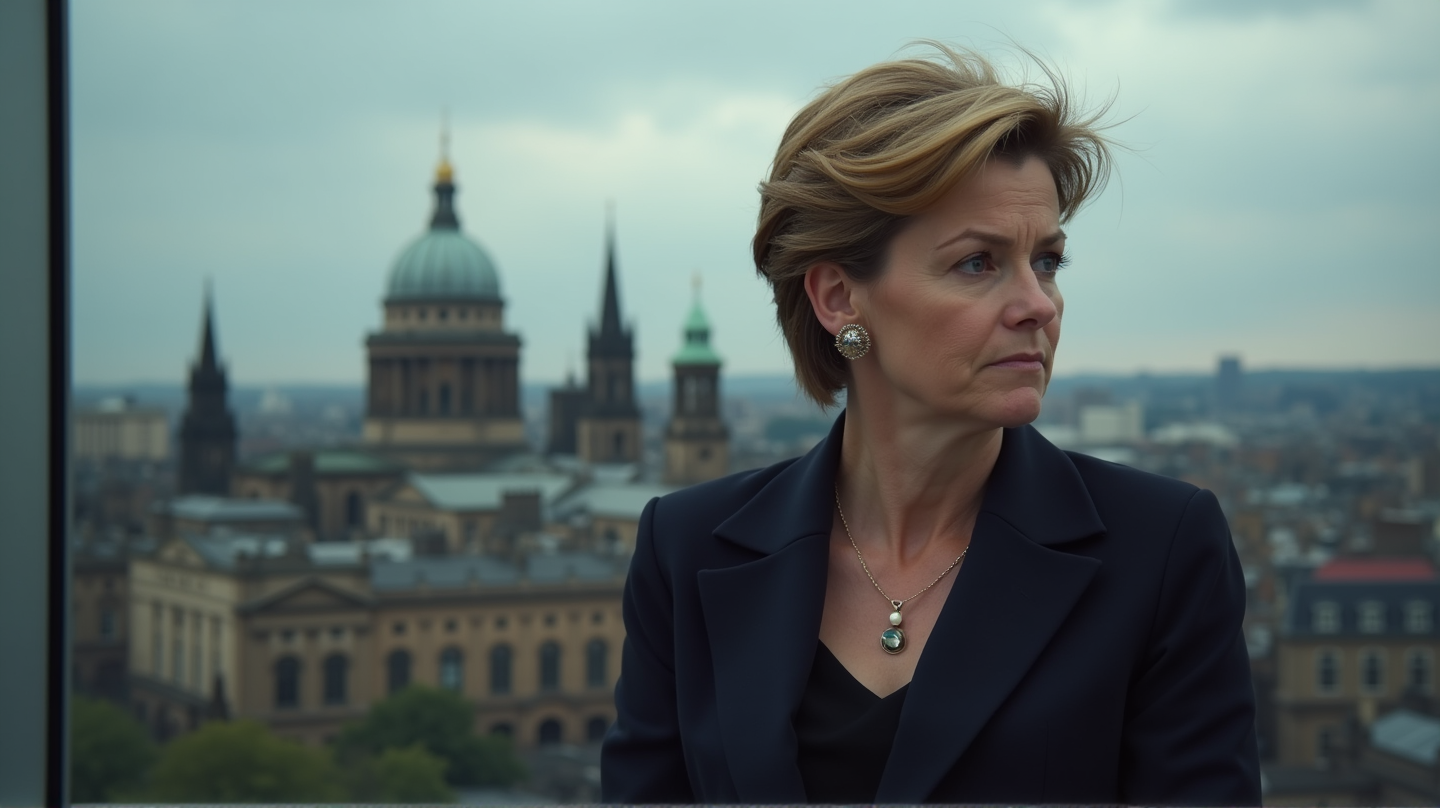Scotland's First Minister Stands Against Far-Right Normalization
Nicola Sturgeon withdraws from News Xchange 2018 conference in protest against Steve Bannon's participation.

In a powerful stance against far-right ideologies, Scotland’s First Minister, Nicola Sturgeon, made headlines with her decision to boycott the News Xchange 2018 conference in Edinburgh. Her withdrawal was in protest against the participation of Steve Bannon, the former White House strategist and right-wing political advocate.
A Controversial Figure at a Prestigious Gathering
The conference, known for drawing journalists and media experts worldwide, invited Bannon to shed light on the rising trend of populism. However, his presence sparked controversy, raising concerns about the normalization of far-right viewpoints. According to Rayo, this unexpected move by the First Minister echoes her strong opposition to ideologies she describes as “fascist.”
Balancing Free Speech and Moral Responsibility
While expressing her belief in free speech, Sturgeon emphasized the need to make balanced decisions that don’t inadvertently legitimize extremist views. Her social media statement conveyed her reluctance to participate in events that present such ideologies as mainstream.
The Role of Media
The conference’s focus on addressing contemporary media challenges underscores the journalistic responsibility to present diverse viewpoints. However, Sturgeon’s decision highlights the tension between providing a platform for debate and potentially endorsing dangerous ideologies.
Public and Political Reaction
The BBC faced criticism for facilitating Bannon’s involvement, with various political figures, including Green MSP Patrick Harvie, denouncing the media’s role in amplifying extremist voices. Harvie’s statement urged for a clear distinction between democratic dialogue and extremism, emphasizing the risk posed by normalizing such figures.
A Global Dialogue
Conversations around the inclusion of divisive figures in media platforms continue to provoke debate. As journalism navigates a world fraught with misinformation, decisions like Sturgeon’s serve as a reminder of the complex responsibilities media holders have in shaping public discourse.
This incident not only marks a standout moment in Nicola Sturgeon’s political journey but also serves as a critical junction in modern media ethics, urging a reevaluation of platforms provided to individuals with contentious views.





